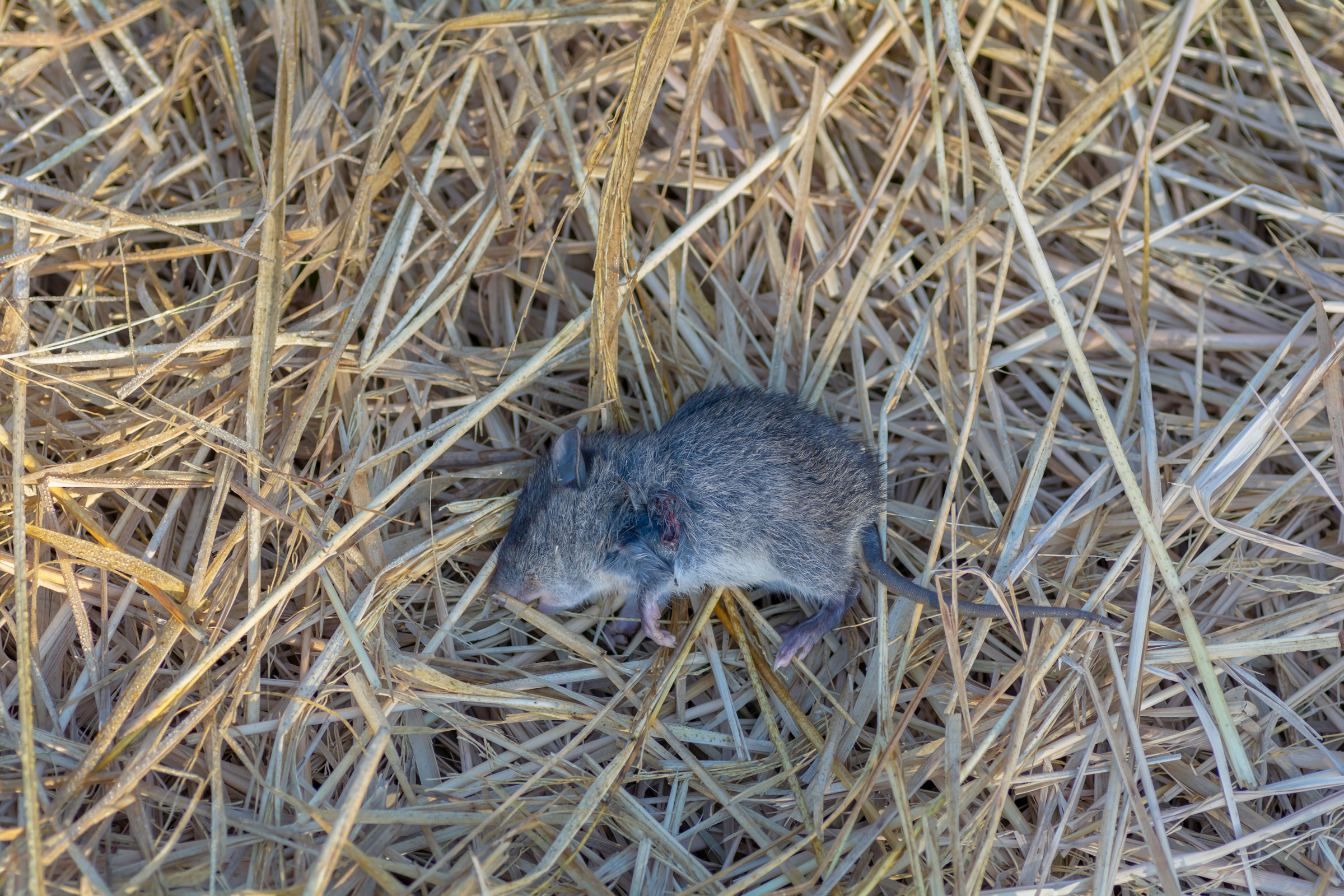
Botulism vaccination in horses is considered a risk-based vaccine. That means if you live in an area where the causative bacterium is found—or you are sending horses to one of those areas (such as Kentucky for breeding)—your horse should be vaccinated.
Links in articles are part of an Amazon Affiliate program that provides income to support this brand. Links are chosen by our editors.
Clostridium botulinum is a soil-borne, spore-producing bacterium that causes tetanus in horses. C. botulinum produces a potent neurotoxin that blocks transmission of nerve impulses to muscles. This results in progressive weakness leading to flaccid paralysis, poor tongue tone and a notable inability to swallow. Mortality is high in affected individuals that do not receive supportive treatment; even with treatment, mortality runs about 50%.
Equine business owners can create an Amazon Business Account.
There are three ways a horse can acquire botulism:
- Infection through contaminated wounds.
- Vegetation of ingested spores in the intestinal tract to elicit Shaker Foal syndrome.
- Ingestion of decaying plant material or animal carcass remains to develop forage poisoning.
Types A and B botulism are associated with forage sources while type C botulism is associated with decaying animals accidentally ingested with feed.
Because foals are at particularly high risk, it is important to immunize a pregnant mare in advance of foaling. It is also suggested that foals within areas endemic for botulism should receive botulin type B toxoid at 2, 4 and 8 weeks of age even if the mare had been immunized prior to giving birth.
Type B botulin toxoid is the only vaccine available for horses of any age.
Vaccination
The AAEP offers the following information about equine botulism vaccination.
A killed vaccine (toxoid) directed against Cl. botulinum serotype B is licensed for use in horses in the United States. Vaccination against botulism is currently not a core vaccine in horses. Vaccination is a risk-based decision for horses at increased risk of developing botulism due to residence in (or travel to) endemic regions, including Kentucky and the Mid-Atlantic states. Particularly susceptible groups within those regions include adult horses fed high-risk forages and foals born to unvaccinated mares.
Foals born in endemic regions are at risk for toxic infectious botulism unless protected by colostral transfer of antibodies produced by vaccination of the pregnant mare. Limited information suggests that foals vaccinated with the toxoid at 2 weeks, 4 weeks and at 8 weeks of age developed adequate serologic response, even in the presence of passive maternal antibodies.
Currently, no licensed vaccines are available for preventing botulism due to serotypes A or C or other serotypes of toxins. Cross-protection between subtypes does not occur.
Sign up now for Amazon Prime 30-day Free Trials, a membership program that offers special benefits including: Instantly watch thousands of movies and TV episodes; Borrow Kindle books; Get unlimited FREE two-day shipping (no minimum order size). Learn more.



